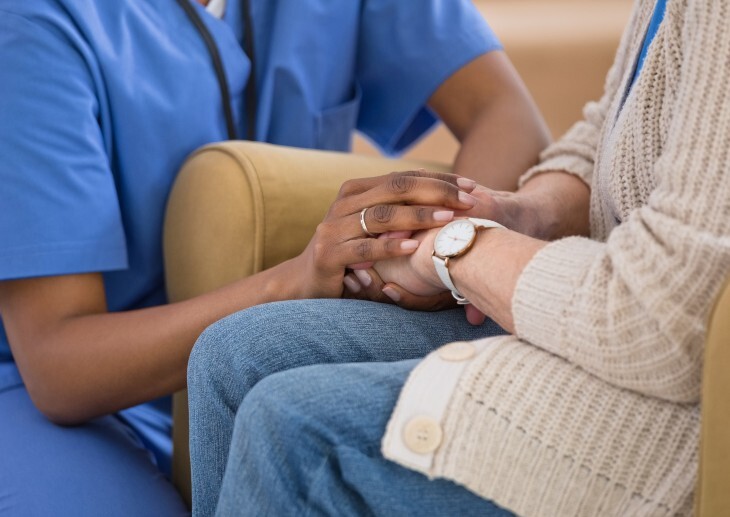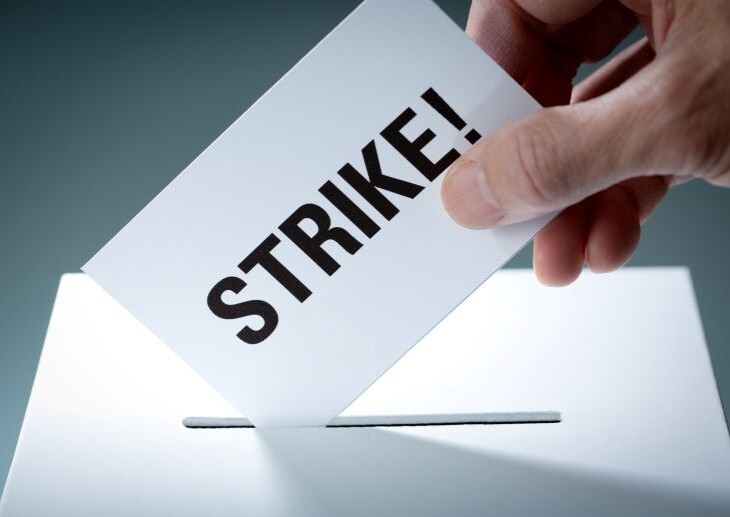Junior doctors are this week striking for a tenth time amid the continued pay dispute with the Government, which ICBs have warned is continuing to have a ‘huge impact’ on the health service.
The five-day strike, running from Saturday 24 February to Wednesday 28 February, is the latest in a series of industrial action by junior doctors which began in March 2023.
It follows a six-day strike in January, which saw more than 113,700 inpatient and outpatient appointments rescheduled, with 25,446 staff absent from work at the peak of the industrial action, according to NHS data.
The BMA has called for a ‘credible pay offer’ from the Government to stop the strikes, including reversing pay cuts and paying junior doctors the same in real terms as in 2008. This would amount to £21 per hour, rather than the current £15.
It said the Government had not met its deadline of 8 February to present this offer.
However, the health secretary, Victoria Atkins, said on Saturday: ‘I want to see doctors treating patients, not standing on picket lines. In negotiations with the BMA Junior Doctors Committee, we made it clear we were prepared to go further than the pay increase of up to 10.3% that they have already received. They refused to put our offer to their members.
‘More than 1.3 million appointments and operations have already been cancelled or rescheduled since industrial action began – five days of further action will compound this.’
‘Huge impact’
Medical director at Lancashire and South Cumbria ICB, Dr David Levy, said that the latest strikes will ‘inevitably’ impact appointments.
‘The NHS has now been affected by industrial action for more than a year, but the strikes are still having a huge impact on our hospitals and across the wider system,’ said Dr Levy.
‘We are working hard to ensure that we can continue to provide emergency and life-preserving services over these five days, but strikes mean there are fewer doctors available at every hospital, so routine care for many patients will be delayed and some non-urgent appointments and procedures will inevitably be postponed.’
Dr Imogen Staveley, interim chief medical officer for NHS Northamptonshire ICB, called on patients to ‘check in’ on family members and those at-risk during the strike.
‘This is a significant period of industrial action so we ask local people to please take extra care during this time and do what they can to look after loved ones and check in on family members and neighbours, especially those who are vulnerable or have a higher risk of ill-health,’ said Dr Staveley.
NHS Confederation’s chief executive, Matthew Taylor, said this strike would ‘exacerbate’ existing winter pressures, with the ‘main blow’ to elective care, including cancer operations.
‘The current backdrop of high bed occupancy, seasonal illnesses and delayed discharges still lingers as staff grapple with these winter pressures, which will now be further exacerbated due to the disruption.
‘Most importantly it will be patients who bear the greatest burden from this latest round of industrial action,’ said Mr Taylor.
NHS national medical director, Professor Sir Stephen Powis, said: ‘Staff and services continue to be under significant pressure as the NHS deals with the impact of industrial action and an already busy winter period, and they are working extremely hard to prioritise life-saving care.
‘As ever, we are grateful to the public for using services wisely at this time.’
This latest strike is the last in the BMA’s current mandate for strike action. However, the body’s junior doctors committee is to reballot its members to extend the industrial action for a further six months.
The ballot will run from 7 February until 20 March, and if members say yes then the mandate for strike action would be extended until September.






